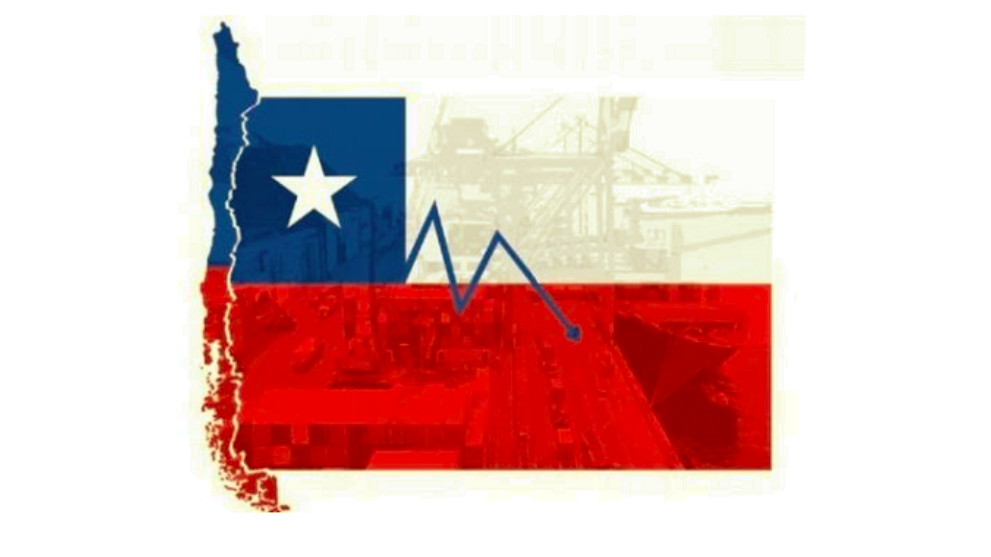The Chilean economy will be the only one in all of South America to suffer a contraction in 2023, according to updated projections from the World Bank.
In fact, except for Haiti, no other Gross Domestic Product (GDP) in the region will fall this year, despite the economic slowdown.
According to the multilateral organization, Chilean GDP will fall 0.9% this year, to then grow 2.3% in 2024.

The data coincides with what is projected by the Central Bank of Chile (BCCh), the Chilean Government itself and also ECLAC.
Now, what are the reasons to which the World Bank attributes this setback?
THE WORLD BANK’S EXPLANATION FOR THE FALL OF THE CHILEAN ECONOMY
These are some points that the entity underlines in its latest report to explain the economic contraction that Chile will suffer in 2023:
“Reduced real incomes, due to high inflation and a weak labor market, are expected to erode consumption in the short term.”
“Despite weak activity, monetary policy is likely to remain tight early in the year.”
The positive of all this, according to the World Bank, is that “the above should help mitigate the possible pressures on capital flows associated with the fall in copper prices and a considerable current account deficit.”
“The tightening of financial conditions will also weigh on investment, which is expected to contract this year, and will increase financing costs for a heavily indebted private sector.”
Finally, the World Bank warned: “Considerable political uncertainty persists, linked to the constitutional reform process and ongoing efforts on pension and tax reform.”
In another section, the World Bank report argues that “some large regional economies, such as Chile and Colombia, have exorbitant current account deficits and could be vulnerable to changes in market confidence.”
THE VIEW OF THE BCCh
The explanations given by the World Bank for projecting a fall are not so far from those stated by the Central Bank of Chile in its latest Monetary Policy Report. “The activity gap will turn negative towards the beginning of 2023, remaining at these values until the end of the policy horizon, which is necessary for the convergence of inflation to the target,” the Chilean monetary authority said in December.
With information from Bloomberg

